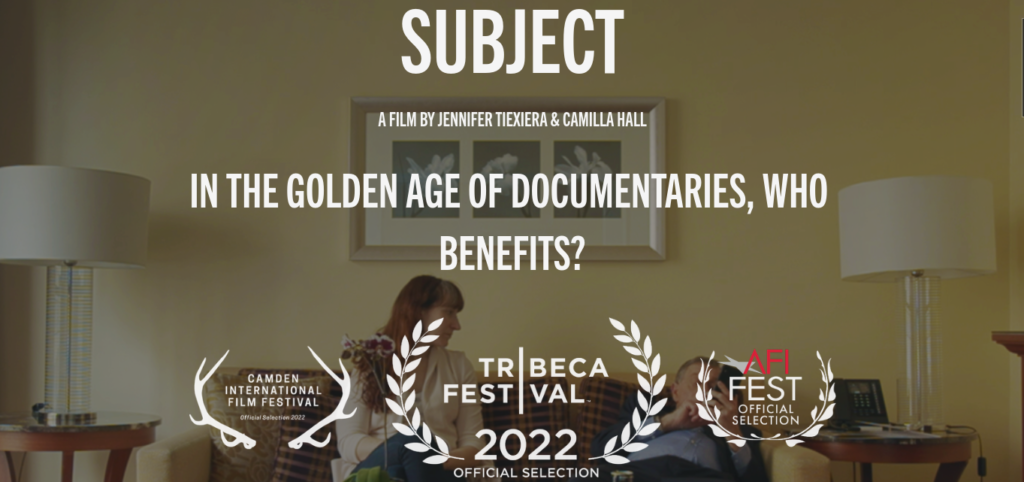
Petra Bauer & SCOT-PEP, Workers!, film still, 2018.
Workers! (Petra Bauer and SCOT-PEP) 2016. Workers! is a new film initiated by Collective in 2016, between Swedish artist and filmmaker Petra Bauer and SCOT-PEP, a sex-worker led organisation in Scotland. Workers! is filmed in the Scottish Trade Union Congress, a building rooted in workers’ struggles for rights and political representation. During their one day occupation of this institution, conversations unfold that centre the voices of sex workers demanding to be seen as experts on their own labour and lives. This film is described as being influenced by feminist film practitioners who emphasise the importance of making films with their subjects, not about them,1 highlighting the importance of ethical decisions within collaboration and authorship. Within this article 2, Petra Bauer explains the preliminary research for this film as finding a common ground of what the film would be about and what the goal of it could be and the importance of collaboration. Abandoning the word collaboration for being to me and them (between Bauer and participants), instead involving the us that are working with the same priorities. To engage with this subject matter there has to be protocols in place to protect participants; in the case of Workers!, their identity. The tone of the film is very conversational, following the everyday rituals and practices that come with being a member of an organisation or activist group; to speak out as a sex worker, you must constantly negotiate between anonymity and visibility.2 The participants within the film feel very present and visible within the film, with an emphasis being on their individual actions and way of negotiating space at SCOT-PEP, which, in turn, allows anonymity. Within Ethnographic Methods, Karen O’Reilly states sometimes the best you can do is reconfirm consent and its limits as you go along, especially at times when participants are sharing intimate or private details with you,3 this relates to Bauer’s association of us, stating the film as being a learned experience for everyone involved, with everyone having important input into the research, subject, participation and production, creating a safe environment for all.
1 https://www.collective-edinburgh.art/programme/petra-bauer-and-scot-pep
2 https://parsejournal.com/article/workers/
3 O’Reilly, K 2011, Ethnographic Methods, Taylor & Francis Group, Florence.
Subject (screening + Q&A at Cameo on 18th Feb)

https://www.subject.film/
This film explores what it means to be a participant of a documentary, what consequences there may be in the aftermath for the participant, and even the implications of the term subject when addressing participants. This included a number of participants from previous documentaries such as The Staircase and Hoop Dreams to uncover the ethical decisions that did or did not take place in the filming and production of these documentaries. Questions of authorship and payment came about often, with the idea of payment being counterproductive to the goal of the film but also negotiating with transactions that could give to the participant for giving up their time and story; all other crew for the film including director and producer would most probably make money off the documentary that is made. The issue of who gets to enter a specific community to make a documentary about them came about through earlier films from the 1920s that enter new continents and Hoop Dreams which were being questioned in terms of whether a documentary would benefit more from or be added to in some way by a member of that community directing the film themselves.; who gets to make what and about whom? An obvious issue with this way of thinking is a bias that may be put in place by someone who wants to put said community in a good light rather than tackling another more complicated angle which may be easier for outsiders to perform. I liked the conversation around what the audience member can do in reaction to viewing, becoming an important part of the documentary film, this could be by continuing a conversation beyond the screen, research the film to become aware of who has created it and its ethical stance is transparent and there, get to know the ethics around documentaries and what should be expected of them, both within the film and audience relations.


Leave a Reply